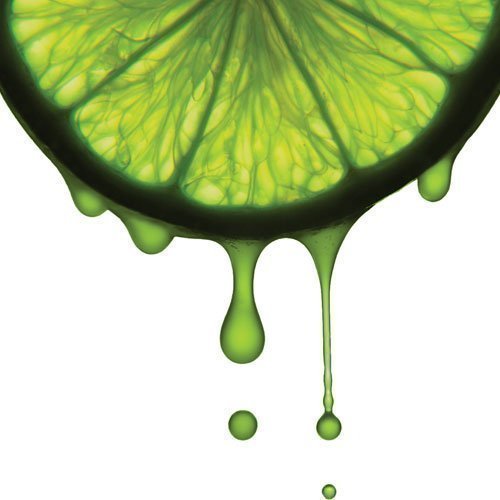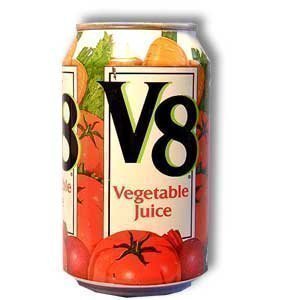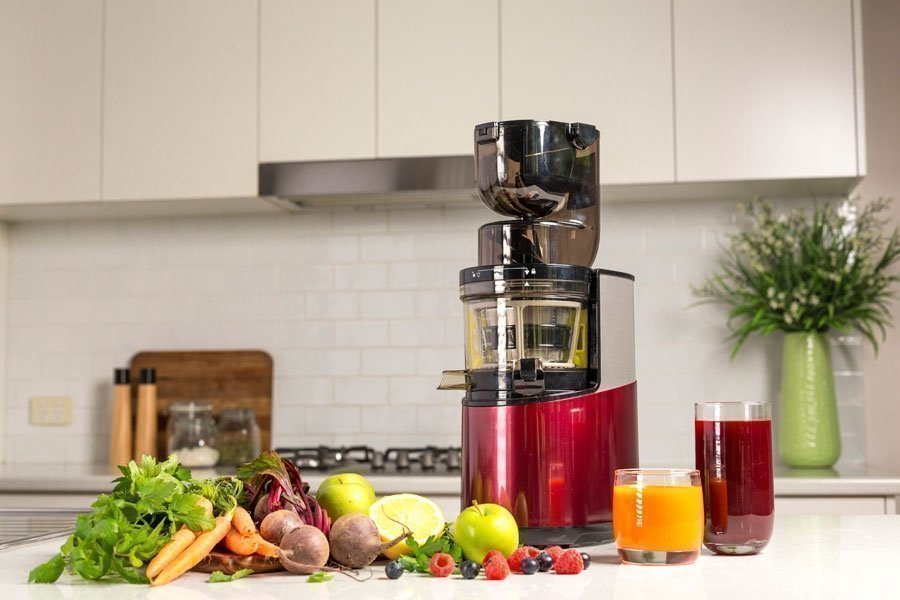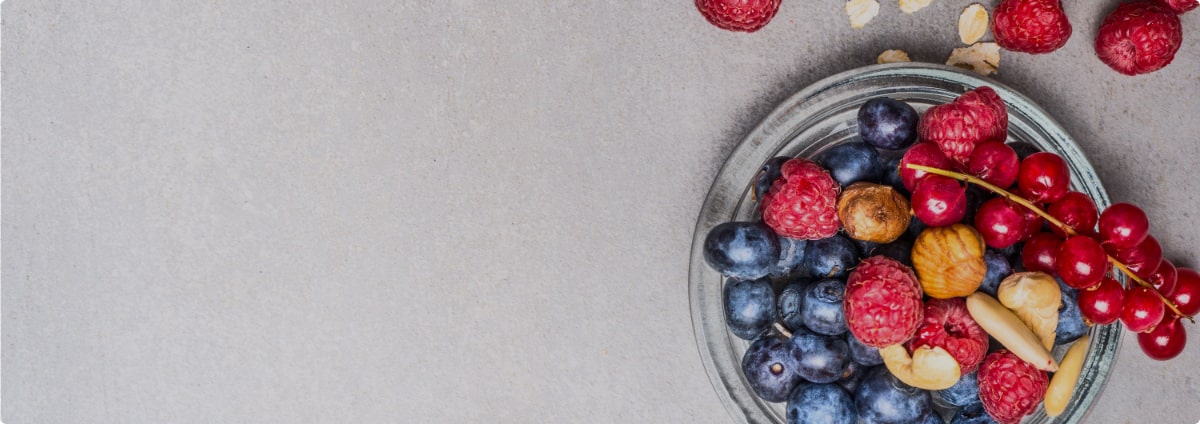Vitality 4 Life uses cookies to provide and improve our services, if you continue browsing, we consider that you accept its use. For more information, please see our privacy page.

Pre-packed juice, is it good for you?
The coarse of events between the time when fruits and vegetables are plucked from the ground to when you drink a glass of juice varies unbelievably depending on the type of juice you are consuming. And this all affects the way the juice impacts your body. While the different methods of juice extraction have pros and cons, if you are drinking juice with any intentions of benefiting your health, then freshly squeezed juice will always win. We take a closer look at concentrated juice vs fresh.
The fruit juice market in Australia has dropped by up to 10% in the last 3 years, which is an indication of how consumer knowledge in Australia is evolving and customers are becoming more concerned about health than ever before. While the bottled fruit juice market is dropping, juicer category sales are on the up and up with consumers choosing to "make their own" over pre-packaged, supermarket juice.
From the Ground to the Glass...
In order for highly perishable fruits and vegetables to be able to sit juiced, on supermarket shelves for up to 2 years, certain steps are taken in the processing stage to avoid spoilage and preserve those "sell-able" bright colours. Any juice which can last more than 3-4 days would have gone through a pasteurization process to kill organisms that cause spoilage, oxidization and fermentation.
Store Bought Juice
Fresh Juice
Processed bottled juice on supermarket shelves comes in all forms – plastic or glass bottles, canned, refrigerated cartons or vacuum packed and can last up to 2 years.
The fruit processing industry uses powerful yet the same low speed extraction process as the cold press juicers to extract the maximum yield of juice from the fruit.
Once cold pressed, fresh fruit juice is quickly pasteurised or heat treated at around 90?C. This heating process has been shown to destroy certain nutrients and changes the pH from alkaline to acid. Most antioxidants are heat sensitive and can reduce by 15% each time a juice is heated.
By the time the juice is packed and sold in the supermarket or deli it may have been heated at 2 or 3 locations to get in the final bottle and the long term storage of pasteurised juice leads to a further breakdown of nutrients over time.
If you look closely at the ingredients, you will see that a lot of juice companies use juice concentrates to save costs, but regardless of whether the juice is made from concentrate or not, the alkaline properties and naturally occurring nutrients are greatly diminished. These juice concentrates are often imported and typically involve hours of heating to remove the water, leaving little nutritional value behind.
Make your own V8 Juice!

- 3-4 Tomatoes - a great alkalizer when consumed without sugars or starches!
- 2 Carrots - supports the immune system!
- ½ Beetroot - a great blood builder!
- Stalk of Celery - to improve digestion!
- ½ Red Capsicum - good for skin, hair & nails!
- ¼ cup Cucumber (or 1 Lebanese cucumber) - a natural diuretic
- 2 Apples - to aid liver function improve taste!
- Pinch of Parsley - high in minerals including potassium!











